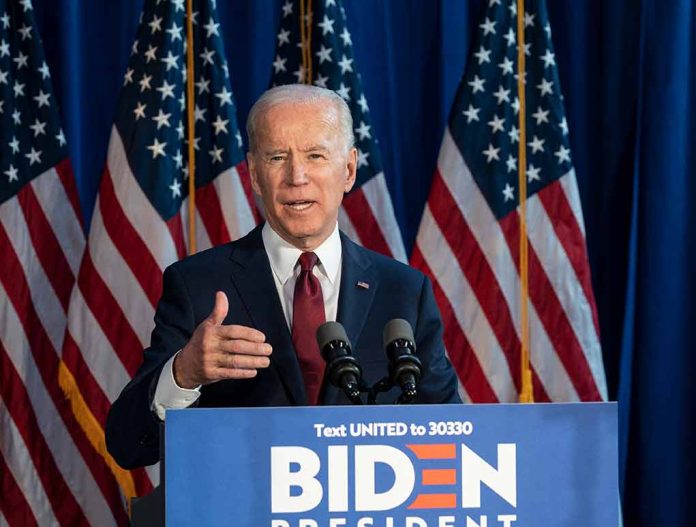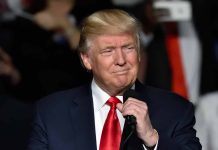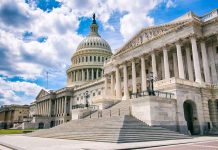
The United States supports adding two permanent African seats to the UN Security Council, but without veto power, sparking debate and criticism.
At a Glance
- Biden administration backs two permanent African seats on UN Security Council
- New African seats would not have veto power, raising concerns about true reform
- Proposal aims to make Security Council more representative of modern world
- Critics argue lack of veto power diminishes significance of African representation
Biden’s Push for African Representation
In a move that signals a shift in U.S. foreign policy, the Biden administration has thrown its support behind adding two permanent African seats to the United Nations Security Council. This announcement, made by U.S. Ambassador to the UN Linda Thomas-Greenfield, follows President Joe Biden’s earlier calls for expanding the Council to better reflect the modern world order. However, the proposal comes with a significant caveat that has raised eyebrows among critics and African nations alike: these new permanent seats would not come with veto power.
The Security Council, unchanged in structure since 1945, currently consists of five permanent members with veto power – the United States, Russia, China, Britain, and France – and ten non-permanent members. Africa, despite its size and growing global influence, has been relegated to only three non-permanent seats, a situation the U.S. now acknowledges as insufficient for the continent to fully contribute to global governance.
Veto Power: The Contentious Issue
The U.S. stance against granting veto power to the proposed African seats has become a focal point of controversy. Ambassador Thomas-Greenfield defended this position, citing concerns that additional vetoes could make the Council even more dysfunctional than it already is. This rationale, however, has not sat well with many African leaders and analysts who see it as a half-measure that fails to address the core power imbalance within the UN system.
Critics argue that without veto power, the proposed African seats would be little more than symbolic gestures, failing to address the fundamental power dynamics that have long frustrated developing nations. The veto power wielded by the current permanent members has often been a source of gridlock, particularly evident in Russia’s ability to block Council action on Ukraine and the U.S. support for Israel limiting responses to conflicts in Gaza.
Challenges and Complexities of Reform
The path to Security Council reform is fraught with obstacles. Any changes to the Council’s structure require amending the UN Charter, a process that ironically can be vetoed by any of the current permanent members. This catch-22 situation has stymied previous reform efforts, which have been ongoing since 1979 with significant pushes in 2005 and 2022.
Moreover, the proposal faces potential opposition from other global powers. Russia is likely to resist any changes that could diminish its status, while China has expressed wariness about extending increased influence to potential rivals like India or Japan. The U.S. itself has long supported permanent seats for Germany, Japan, and India, further complicating the geopolitical calculus.
“We have been campaigning and the concept has been accepted and of course Africa continues to play through various countries on the continent, important roles, peacekeeping missions not only on our continent but around the world. So, we [have] got the capability, we know how and Africa needs to be given its rightful place in the UN system and its various structures.” – Cyril Ramaphosa, president of South Africa.
The Road Ahead
As the Biden administration prepares to draft a resolution for Council reform, the international community watches with a mix of hope and skepticism. The proposal for African permanent seats, even without veto power, represents a step towards making the UN more representative. However, it also highlights the deep-seated challenges in reforming a system that has been entrenched for nearly eight decades.
For conservatives watching these developments, the push for UN reform raises important questions about American interests and global power dynamics. While increasing African representation may align with principles of fairness, the potential implications for U.S. influence and the effectiveness of the Security Council in addressing global crises remain subjects of debate. As negotiations unfold, it will be crucial to balance the desire for a more inclusive international order with the pragmatic concerns of maintaining global stability and protecting American sovereignty.

















